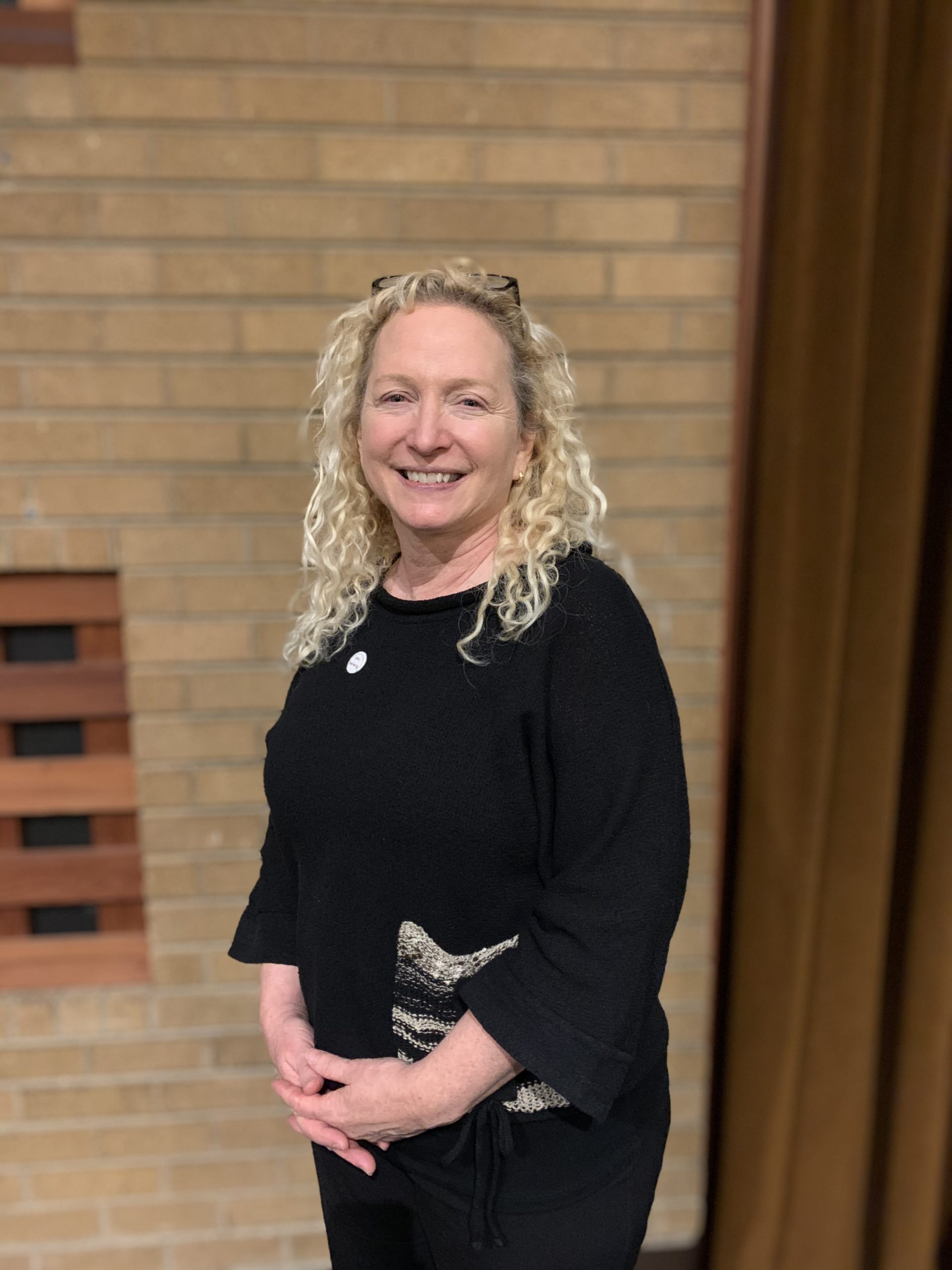“Stanford is us,” said psychiatrist Laura Roberts, M.D., speaking to an audience of students, faculty and staff on Monday as part of a two-day conference, “Community Conversations on Mental Health and Well-being.” The conference is aimed at opening the conversation around mental health on campus. Monday’s event, “Crafting a Culture of Belonging,” was hosted by The Belonging Project in an effort to dismantle the view of Stanford as a “mystical entity” and transform the community into one to which every student actively contributes and belongs.
The Belonging Project is an initiative run by the department of psychiatry and behavioral sciences to promote emotional health and well-being by facilitating conversations and providing resources within smaller communities on campus.
Provost Persis Drell opened the workshop-style event by discussing the mission of the conference: to illuminate mental health and well-being and provide community members with the tools they need to thrive at Stanford. She said mental health is a growing concern that affects everyone on campus.
The conversation was led by Roberts, a psychiatrist and professor at the department of psychiatry and behavioral sciences at the School of Medicine. She said that many people at Stanford struggle to find a sense of belonging, which she defined as feelings of acceptance and inclusion, playfully referring to the University as a “hard mother.”
According to Roberts, the high standards to which those at Stanford hold themselves upon arrival can have negative effects on aspects of well-being, including self-image, resilience and interpersonal relationships. She emphasized that feelings of not belonging can be dangerous, often placing community members at higher risk of self-harm or suicide.
YogaX program manager Heather Freeman led participants through a mindfulness experience intended to focus their attention on the understanding of belonging. Afterward, each person was asked to speak with someone else at their table about their experience first arriving at Stanford, how they felt they fit in. Each attendee was randomly assigned to a table, and the resulting one-on-one conversations included a variety of voices ranging from Stanford administrators to undergraduates.
Roberts said many Stanford students experience loneliness after the initial awe of joining the University community fades. The key to success, she added, lies in not being afraid to ask for help and reach out for resources.
“Don’t be perfect, be awesome,” Roberts said.
She then prompted table groups to brainstorm concrete individual actions that would create a more tangible sense of belonging within the entire community. She ended the seminar by saying that individual action is a big part of facilitating a community that is open to belonging.
“Be your true self and be true to yourself,” she said.
More than 12 other events are being offered as a part of the two-day conference from Feb. 3 to 4, ranging from “From Stimulants to Smartphones: Addiction and Mental Health on College Campuses” to “Decolonizing Mental Health: Reconstructing Our Narratives Around Wellness.” The events are open to all Stanford community members and are offered on both the main campus (at Paul Brest Hall) and the Redwood City campus (at Cardinal Hall).
Contact Esha Dhawan at edhawan ‘at’ stanford.edu.
